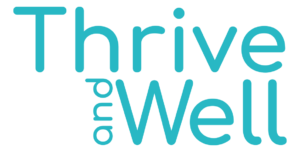TRAINING & ADVICE TO HELP YOUR PEOPLE THRIVE
Practical training and coaching for better mental health at work.
Practical training and coaching for better mental health at work.
From Mental Health First Aid England training to tailored workshops, coaching and mentoring.
From Mental Health First Aid England training to tailored
workshops, coaching and mentoring.
From Mental Health First Aid England training to tailored workshops, coaching and mentoring.
Workplace wellbeing starts with confident conversations
The first step to improving workplace mental health is getting comfortable talking about it. It’s time to normalise conversations about mental health at work.
Workplace wellbeing starts with confident conversations
The first step to improving workplace mental health is getting comfortable talking about it.
Ask about our special offer
Get 15% off Open and In-house 2 Day Adult MHFA courses booked & paid for in March (course can run later). Conditions applyGet 15% off Adult MHFA Training
Get 15% of in-house 2 Day Adult Mental Health First Aid England training courses booked and paid for during March 2022 – courses can take place later (conditions apply).
Ask about our special offer.
conditions apply.
The Business Case
Work-related stress, depression and anxiety led to 16.4 million lost working days in 2023/24.*
Poor mental health costs UK employers £51bn a year, but support delivers around £4.70 back for every £1 invested.**
Source: *HSE 2023/24 | **Source: Deloitte 2024



